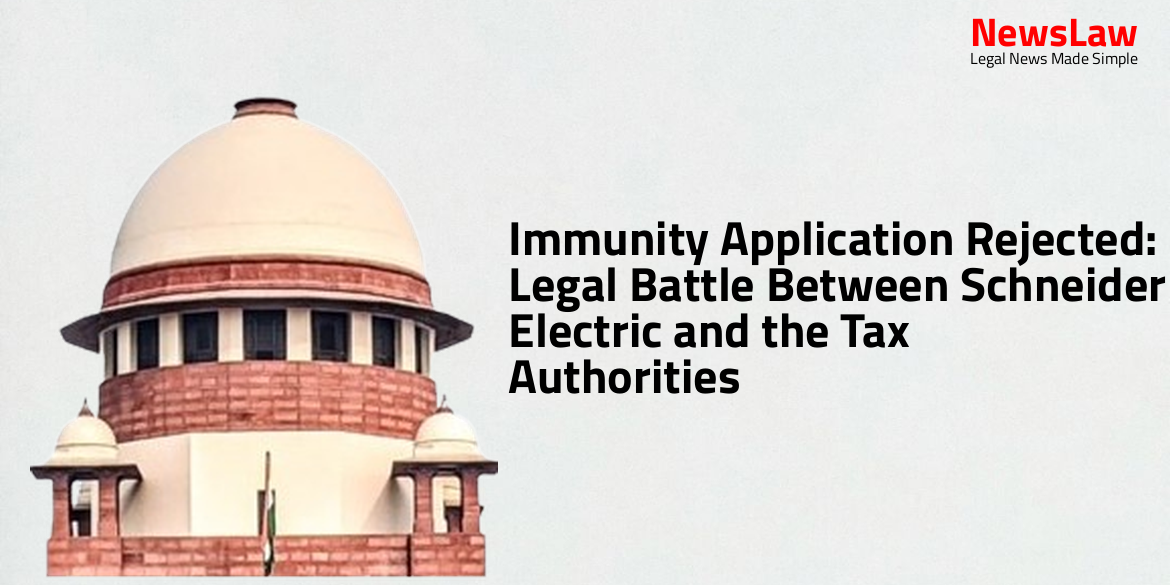Explore the in-depth legal analysis of the implementation of the National Food Security Act, focusing on the court’s evaluation of policy matters and the rights-based approach towards ensuring food and nutritional security. Discover how the Act aligns with constitutional provisions and aims to eradicate hunger and malnutrition, especially for vulnerable groups like women and children. Stay tuned to understand the significance of judicial review within the NFSA framework.
Arguments
- ASG Mr. R. Bala states that this is not an adversarial litigation.
- Details of schemes, programs, policies, and measures by Central and State Governments submitted to show successful implementation for protecting fundamental rights of citizens.
- Petitioners, claiming to be social activists, filed petition under Article 32 seeking directions for implementing Community Kitchens to combat hunger, malnutrition, starvation, and related deaths.
- Petitioners also seek directions against National Legal Services Authority and Central Government to formulate schemes as per constitutional provisions.
- ASG states that there is no need for continued monitoring by the Court.
- The Union of India has emphasized its commitment to combat hunger and malnutrition.
- Various schemes are being implemented through State Governments to enhance food security.
Also Read: High Court Vacates Interim Orders in FIR Investigation Case
Analysis
- The National Food Security Act, 2013 follows a life cycle approach with special provisions for pregnant women, lactating mothers, and children aged 6 months to 14 years.
- Courts do not assess the correctness of policies, as it is the executive’s domain; however, the Act is aligned with Article 21 of the Constitution, encompassing the right to food and human dignity.
- A chapter on Women Empowerment in the Act designates the eldest woman in eligible households as the head for ration card issuance.
- State Governments can provide food subsidy directly to entitled households to purchase food grains.
- The Act includes a mechanism to address grievances related to food distribution and enforce entitlements.
- States/UTs have implemented various schemes under the Act, such as Mid-Day Meal, One Nation One Ration Card, and Poshan Abhiyan.
- There have been no reported deaths due to starvation or malnutrition according to the filed responses.
- The Act aims to raise nutrition levels and public health standards as a primary duty of the State.
- Judicial review of policy matters is limited; the legal framework under NFSA includes targeted schemes like PDS, Mid-day Meal, and cash entitlement for maternity benefits.
- There is no directive for States/UTs to establish Community Kitchens as various schemes and mechanisms are in place under NFSA.
- Legal validity, rather than policy effectiveness, is the focus of judicial review.
- Compensation for wage loss during pregnancy is provided under the Act to ensure nutrition supplementation.
- NFSA ensures food and nutritional security through a rights-based approach for a dignified life.
- The Act signifies a shift from welfare to rights-based approach and is implemented nationwide.
- Grievance Redressal Mechanisms are established at the District and State levels.
- NFSA aligns with the UN goal of eradicating extreme poverty and hunger by focusing on food security and improving nutritional status, especially for women and children.
- NFSA with a ‘right based approach’ ensures food and nutritional security
- Various welfare schemes under NFSA implemented by Union and States
- Pradhan Mantri Garib Kalyan Anna Yojana provides free grain to Antyodaya Anna Yojana and Priority Households
- Atma Nirbhar Bharat Package allocated additional food grain for migrants during Covid-19
- Pradhan Mantri Poshan Shakti Nirman Scheme aims to improve nutrition among school students
- Scheme for Adolescent Girls focuses on health and nutrition of adolescent girls
- Annapurna Scheme provides indigent senior citizens with free food grains
- Advisories issued to include millets and widen nutritional standards
- The concept of Community Kitchens as an alternative to achieve the objectives of NFSA is not examined.
- States are encouraged to explore alternative welfare schemes within the framework of NFSA.
- States/UTs have the freedom to consider and implement permissible alternative welfare schemes.
Also Read: Conviction upheld in High Court in a case of deadly assault
Decision
- The Writ Petition is disposed of
- Observations provided earlier are taken into consideration
- Specific points made in the judgement are subject to the observations
Also Read: Statutory Right of Default Bail in Incomplete Chargesheet
Case Title: ANUN DHAWAN Vs. UNION OF INDIA (2024 INSC 136)
Case Number: W.P.(C) No.-001103 / 2019



